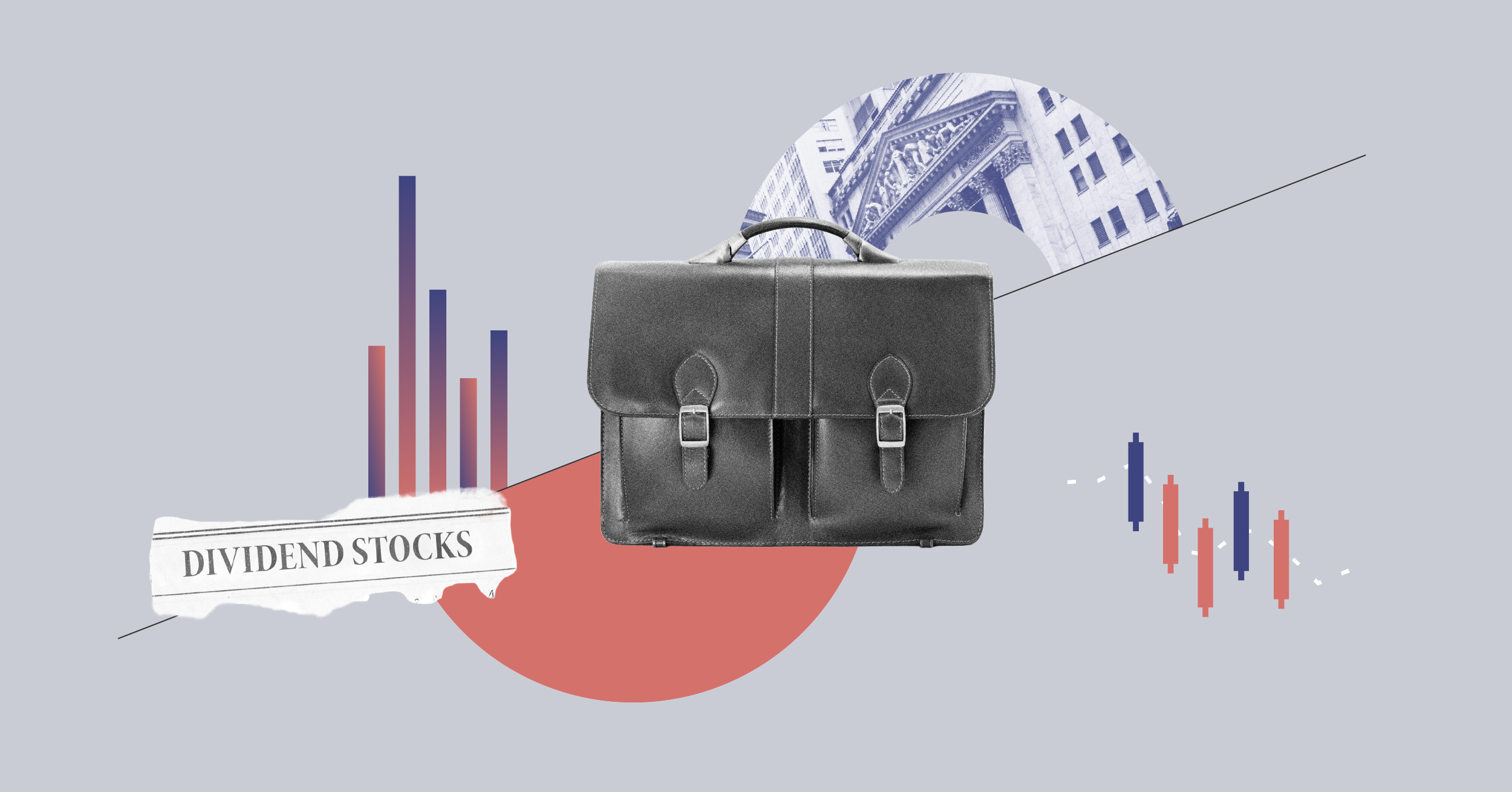
Reams have already been written about the demise of Carillion (CLLN), and with it, one would like to hope, the disastrous PFI programme, but one point is worth noting. It is rare indeed for any company in the UK to go bust without there being ample warning signs over several months. If you stay in as a shareholder against all reason then I’m afraid you have to take what is coming to you.
Way back in August 2015, after David Cameron’s election victory which now seems like a distant dream, I tweeted that Carillion’s share price underplayed its contract wins. But you always have to take into account changing circumstances, and the unexpected Brexit vote plus Theresa May’s disastrous election campaign certainly changed the political landscape even without the main cause of Carillion’s demise, its hapless management.
The shock is not that Carillion shares are now worthless, it is that anyone thought they were worth 14p right up to the point that trading in them was suspended. It’s the hardest thing in the investment world to admit you bought a dud, but when profit warning follows profit warning, do need to face reality.
Provident - It's Not Too Late to Sell
Perhaps those who clung on at Carillion have made the same mistake at Provident Financial (PFG), the subprime lender that achieved the remarkable distinction of a double-digit share price fall on two consecutive days this week.
The shake-up of its sales team last year, which saw the vital men and women on the doorstep cycle off to employment elsewhere, will take some unravelling, hence its warning this week that losses from the consumer credit division would be at the top end of the £80-120 million range indicated previously. Provident is struggling to re-engage with customers, a salutary lesson for all dealing directly with consumers that it is more expensive to win new customers than it is to keep existing ones.
The shares were worth £36.25 last May but were already sliding before suffering the first sharp fall in mid-June. Those who ignored that ominous sign saw the shares drop off a cliff to 675p in August but they had the opportunity to cut their losses after a rebound to north of 900p on several occasions up to this week. If you didn’t get the hint then, you surely have got it now at 700p.
Unlike Carillion, I think that Provident will claw its way back but it will be a long, hard slog with possibly a rights issue along the way when shareholders will be asked to throw good money after bad. It’s not too late to get out.
Carpetright's Multiple Profit Warnings
That all pales into insignificance, though, with the latest warning from Carpetright (CPR). Ben Marlow on Twitter reckons the floors and bedding company has issued 11 in the past 15 years, which is some going. In between there have been many false dawns but the overwhelming feeling has been one of disappointment.
I can only hope that, unlike Carillion, Carpetright doesn’t go bust as I have bought carpets and wooden flooring over the years and been very happy with my purchases. On the other hand, I’ve never felt much temptation to buy the shares even in the better times.
On a more cheerful note, homewares retailer Dunelm (DNLM) has reported a second quarter of sales growth to show that we are still prepared to spend money on our homes. It, too, has had its bad times over the years and the acquisition of Worldstores has altered the sales mix for the worse, so lower margins means sales will not fully flow through into profits.
Remembering the lesson of Carpetright, where a sales pick-up can soon disappear, I’d like to see a third good quarter at Dunelm and some evidence that the squeeze on margins is easing before even considering the shares but the drop in the share price after the trading update looked overdone.
Rodney Hobson is a long-term investor commenting on his own portfolio; his comments are for informational purposes only and should not be construed as investment advice, nor are they the opinions of Morningstar.





























